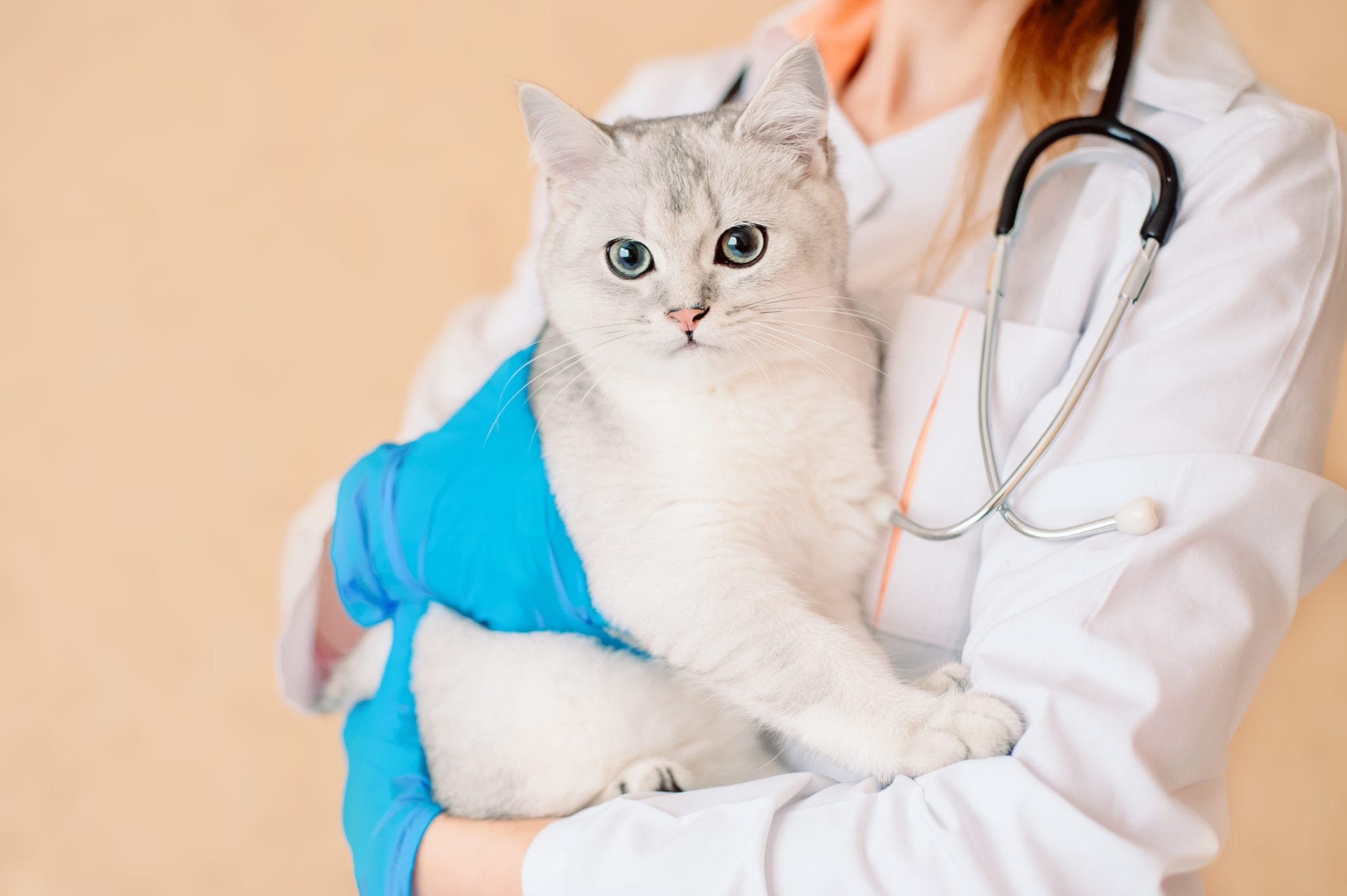
Health Care for Pets – Why Pet Preventive Care Matters
Health care for pets, including pet preventive care, matters a great deal to companion animals. Your family pet’s health care plan should incorporate regular check-ups, pet dental care, and grooming to keep them looking and feeling their best. Good pet preventive care helps maximize our faithful companions’ health, wellness, and quality of life, which is what every pet parent wants for their furry friends.
Like people, dogs are living longer. And like people, dogs are at risk for developing age-related illnesses and issues like arthritis, diabetes, kidney disease, heart disease, and cancer. Regular pet preventive care helps your vet identify your pet’s particular risk factors – whether it’s age, lifestyle, weight, or genetics, and quickly get on top of any problem. Early detection of disease and intervention allows you and your vet to decide the best course of care for your pet.
Pet preventive care often includes lifestyle and/or dietary changes and may incorporate medication, especially as your pet ages and risk factors increase. Cats are often overlooked for preventive care, but they need regular wellness checks, too! Your veterinarian will likely recommend annual wellness programs for your pet, including routine blood work to monitor for potential problems. Some pets may require more frequent veterinary health checks depending on their age and overall condition. Naturally, older pets should see the vet more frequently.
Creating a Family Pet Health Care Plan
The core of your pet’s preventive care plan should include complete wellness exams by a veterinary professional. According to the Merck Veterinary Manual,
“Adult dogs should have a complete veterinary examination at least once a year. Puppies need veterinary visits usually every 3 to 4 weeks until they are about 4 months old. Geriatric dogs (older than 7 to 8 years old) should see their veterinarian twice a year or more frequently because illness is more common in older pets, and it can be identified sooner.”
“Adult cats should have a complete veterinary examination at least once a year. Kittens need veterinary visits usually every 3 to 4 weeks until they are about 4 months old. Geriatric cats (older than 8 to 9 years old) should see their veterinarian twice a year or more frequently because illness is more common in older pets, and should be identified sooner to provide proper treatment.”
Key Tips for Pet Preventive Care
Your veterinarian will recommend timelines for your pet’s core vaccines and dental care. Routine veterinary preventive care for your pets should include the following items, as well as any additional health screens recommended by your veterinarian, tailored for your pet’s specific needs.
● Vaccinations
● Parasite control
● Dental care
● Grooming
● Stool screening
● Bloodwork
● Heartworm testing
Finally, if you have questions about preventive pet care or your cat or dog’s health, give your vet a call. Don’t have a regular vet? AZPetVet has 21 convenient locations around the Valley. Find an AZPetVet location near you here.
[Disclaimer]
Not intended to be a substitute for professional veterinarian advice, diagnosis, or treatment. Always seek the advice of your veterinarian with any questions you may have regarding the medical condition of your pet. If you think your pet has a medical emergency, call or visit your veterinarian or your local veterinary emergency hospital immediately.

